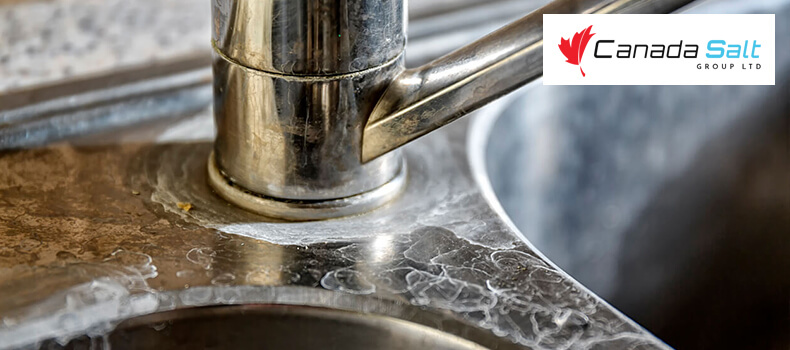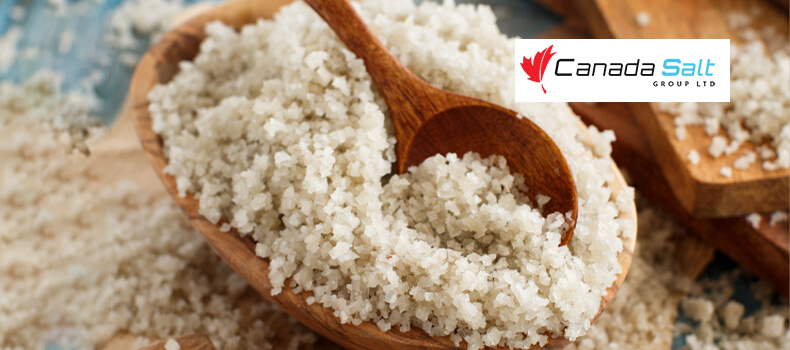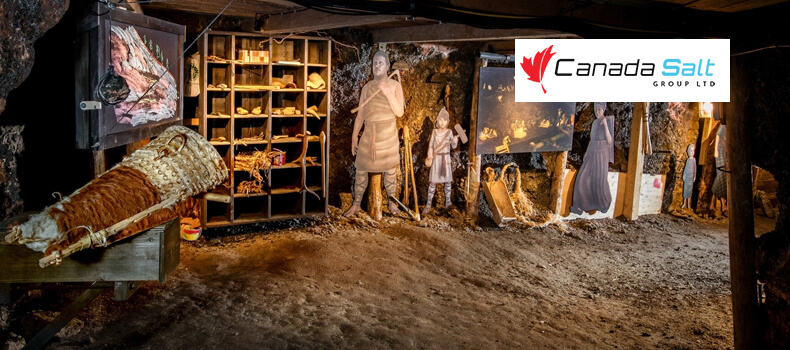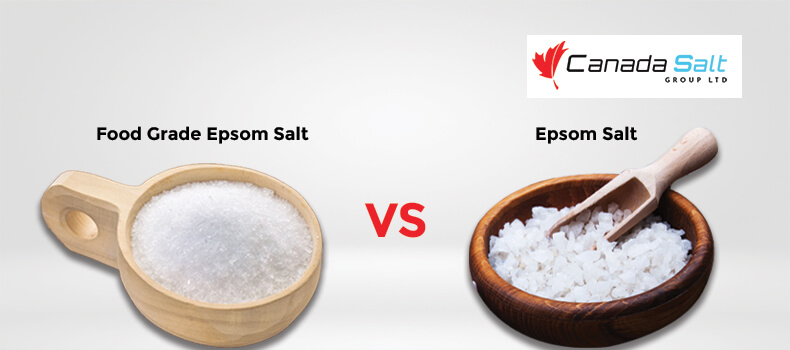What Is Water Hardness?
The last time you washed your hands, you might have noticed the impact of the hard water. Depending on how hard your water is, you might have noticed a film of residue on your hands after washing them with soap. The easiest method to describe water hardness is the concentration of dissolved calcium and magnesium. When soap reacts with hard water’s relatively high calcium concentration, “soap scum” occurs. When using hard water, more soap or detergent is required to clean objects like laundry, hands, hair, etc. This article will discuss water hardness, its factors, and ways to manage it.
Understanding Water Hardness
Hardwater is rich in minerals like calcium and magnesium, which gives its hardness. When we use soap or detergents, we can know the difference as it requires more soap or detergent to clean. A layer of residuals is left on the skin or hands, which makes our skin or hair dry. It is not so dangerous but may affect our plumbing system and damage faucets and fittings in the long term. After washing them, it also forms a white layer on the dishes and glassware. It can shorten water-based equipment like water heaters and dishwashers by forming a mineral buildup and blocking its pipes, affecting its efficiency by consuming more electricity.
Factors Influencing Water Hardness
If the water passes through minerals like calcium and magnesium before reaching your home, it can develop hardness. The surroundings of the water body play a vital role in developing so. Tap water usually comes from the ground, lake or river. So, it can collect minerals, impurities, and sediments on its way. And treatment center doesn’t account for the sediments present in your water. Other factors like improper water treatment, Aged lead pipes can also be reasons for water hardness.
Measurement and Units
Generally, water softness is measured by the amount of calcium carbonate present in it because calcium, magnesium, and other minerals will be on a smaller scale. If you are facing soap scum or the formation of limescale, you have to opt for hardwater tests. It is advised to measure the hardness of water by using instruments like titration kits or DIY test strips. Both methods use colours to indicate the hardness level of water, and the method of indication with colours is called Colorimetry.
Concentration as CaCO3
• 0 to 60 mg/L soft water
• 61 to 120 mg/L, medium hard
• 121 to 180 mg/l, hard water
• Above 180mg/L very hard water
Consequences of Water Hardness
Pipes and Appliances Wear Out Quickly
The limescale deposits accumulate in the pipelines and showerheads, restricting the flow of water and can cause severe plumbing issues. Water heaters, dishwashers, and other water-based appliances will be less efficient, increasing utility bills. American Water Workers Association claims that washing machines damage 30% faster if used with hardwater. If it is not treated in the early stages, It can be the most expensive problem caused by hardwater.
Soap and Detergents
When you have hardwater, your shower time can be affected. Minerals don’t react with water and produce less foam. It makes it less easy for us to rinse off the soap from the body, and the deposits will remain on the skin and hair, causing dryness and itching. The detergents will not be effective, and the dirt won’t go off, forming stains and making them muted and dingy, ultimately damaging the clothes.
Health Implications
Hard water has beneficial health effects and is safe for drinking as it has more calcium and magnesium than soft water, which are essential minerals required for our body. As per studies, drinking water with calcium will protect us from cardiovascular diseases and other cancers like colon, gastric, pancreatic, and rectal cancer. While magnesium may help protect against ovarian and esophageal cancer. However there are many benefits, but it is better if you have soft water than hard water as it is more beneficial for drinking and your household as well as personal hygiene.
Managing Water Hardness
Water Softening Techniques
Water softening is a method in which mineral ions are replaced with positively charged ions. During this process, the water becomes soft and will be more useful for our daily needs. The common methods are given below in which calcium, magnesium, and other minerals are removed easily.
Ion Exchange
The Ion exchange method is the process of exchanging ions with a resin media’s help. In this method, a resin will be developed from Cross-linked polystyrene with highly developed pores in which the minerals are trapped and ions are released simultaneously.
Reverse Osmosis
It is also called as Ultra-Filtration. This method is commonly observed in homes, offices, and water purifying plants for drinking water filtration. It was developed in late 1950 for desalinating sea water, and later it was widely used due to its convenience. It indicated the art of technology in water treatment.
Lime Softening
Adding hydrated lime to hardwater to raise its ph level to 10 is called lime softening. In this method, calcium carbonate and limestone are removed. If we need to remove magnesium, the ph needs to be 11 during water softening. This technique must be pilot tested if used with variable-quality surface water sources.
Water Conditioner Options
Salt-Based Water Softeners
The conditioner which uses salts as their water softener is salt-based water softeners. They remove hardness by ion exchange method in which water is drawn from a resin bed and exchanged with the minerals with sodium ions. It is the most common type and comes in different sizes depending on the usage.
Dual-Tank Water Softeners
Like a salt-based water softening system, a dual-tank water softener uses a salt-based softener. The brine tank is one tank, while the resin tank is the other. The brine tank rinses and recharges the sodium resin beads in the resin tank when they have accumulated hard mineral deposits.
Magnetic Water Softeners
A magnetic water conditioner system is more of a lime de-scaler than a complete water softener system. An electromagnetic coil is used in magnetic water softeners. Calcium and magnesium ions adopt a crystal-like shape as water moves through the magnetic field, enabling them to precipitate.
Alternative Approaches For Water Hardness Management
Boil Your Water
Boiling water is an effective way to remove the hardness of water by eliminating calcium and magnesium minerals from it. It is the old and most common technique to remove water hardness. But, by boiling water, we can only remove temporary hardness because very hard water has calcium sulphate and cannot be removed by boiling.
Choose Detergents Designed for Hard Water
When utilizing hard water, it is advised to prefer cleaning products that include citric acid because they improve cleaning results. Citric acid typically softens hard water, so you can rinse the soap from clothes and dishes without worrying about soap scum. Natural components in cleaning products containing citric acid make cleaning simple and safe for your family. Further cleaning options include borax, vinegar, baking soda, and hydrogen peroxide.
Conclusion
Hard water is a challenge for everyone and causes serious damage to pipelines, home appliances, Surfaces, and water-based equipment. By understanding water hardness and its consequences and implementing effective management strategies, we can ensure the quality and longevity of their water supply while minimizing the negative impacts of excessive mineral content in water. If you are looking for a reliable water softener supplier. Contact Canada Salt Group Ltd, the largest salt supplier in the United States and Canada.





